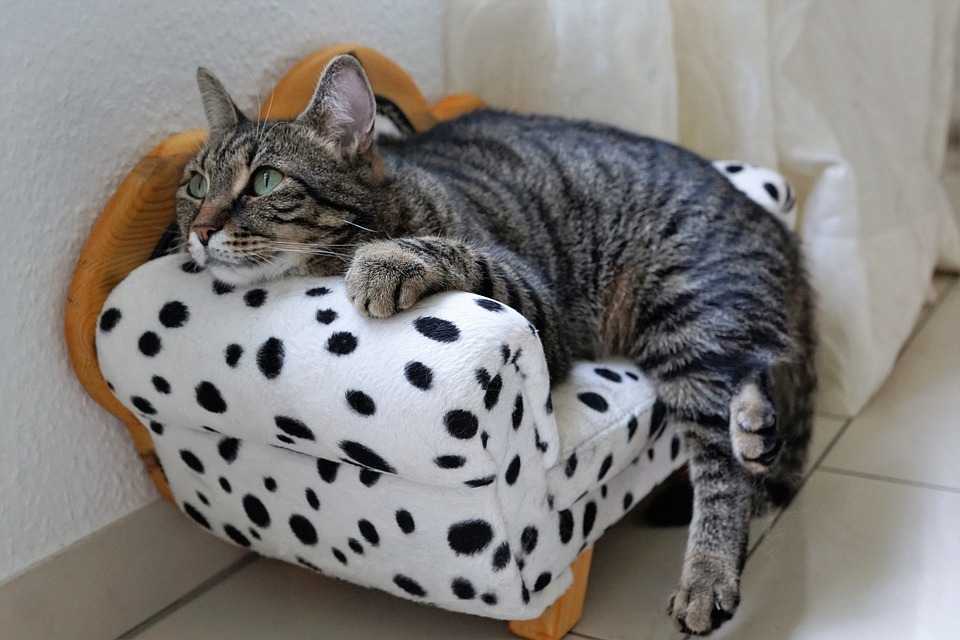Stress is not limited to humans; our feline companions can also experience stress in their daily lives. It is crucial for cat owners to understand the stress triggers in cats in order to maintain their overall health and well-being. By identifying these triggers, cat owners can take proactive steps to minimize stress and create a peaceful environment for their furry friends.
One common stress trigger for cats is changes in their environment. Moving to a new home, renovations or remodeling, and the introduction of new pets or family members can all cause stress for cats. It is important to provide a safe and familiar space for them to retreat to during these times of change.
Lack of routine can also be a stress trigger for cats. Inconsistent feeding schedules, changes in litter box location or type, and the absence of regular playtime or exercise can all contribute to stress. Cats thrive on routine, so it is important to establish a consistent schedule for feeding, litter box maintenance, and playtime.
Loud noises can be particularly stressful for cats. Thunderstorms, fireworks, and even household appliances can trigger anxiety in feline companions. Providing safe hiding spots and using pheromone diffusers or sprays can help create a calm environment for cats during times of noise.
Medical conditions can also contribute to stress in cats. Chronic pain or discomfort, untreated infections, and allergies can all cause stress and anxiety. Regular veterinary check-ups are important to identify and treat underlying health conditions.
Social stress is another common trigger for cats. Aggressive interactions with other cats, lack of socialization opportunities, and being confined or isolated for extended periods can all lead to stress. Gradual introductions to new pets or family members, positive interactions with other cats through supervised playtime, and opportunities for safe exploration and environmental enrichment can help minimize social stress.
Minimizing stress for your feline friend is essential for their overall well-being. Establishing a safe space for them to retreat to, maintaining a consistent routine, creating a calm environment, promoting socialization, and addressing any medical issues are all important strategies for minimizing stress in cats.
If you suspect that your cat may be stressed, it is important to look out for signs such as excessive grooming, changes in appetite or litter box habits, hiding, aggression, or excessive vocalization. Chronic stress can lead to a weakened immune system, digestive issues, and can exacerbate existing medical conditions. Consulting a veterinarian is recommended if you notice persistent signs of stress or if your cat’s behavior drastically changes.
While it may not be possible to prevent all stress triggers for cats, proactive measures can significantly reduce stress levels and improve their overall well-being. Remember, a stress-free cat is a happy and healthy cat. By understanding the stress triggers and implementing strategies to minimize them, you can help your feline friend lead a more relaxed and contented life.








